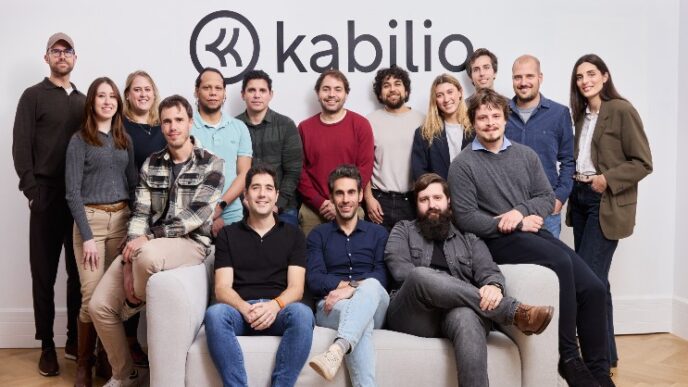Amazon has unveiled Kindle Translate, a new AI-powered translation service designed to help self-published authors reach global audiences without the high costs of traditional translation.
The feature, now in beta, is available to select Kindle Direct Publishing (KDP) authors and currently supports English-to-Spanish, Spanish-to-English, and German-to-English translations.
Authors can access Kindle Translate through the KDP portal, choose their target language, set prices, and decide whether to publish automatically or review the translation before release.
The service is free during its beta phase, removing one of the biggest barriers for independent authors who want to reach readers beyond their native markets. Professional translation services typically cost between $0.10 and $0.25 per word, meaning that translating a 300-page book could easily cost thousands of dollars, a steep price for most self-published writers.
Kindle Translate aims to change that by offering fast, automated translation and publishing, delivering a formatted, ready-to-sell version of a book within days. Amazon says all translations undergo automated accuracy checks before publication, while authors retain full control over the final output.
Currently, fewer than 5% of all books on Amazon’s marketplace are available in multiple languages. Kindle Translate targets this gap, allowing authors to tap into underdeveloped international markets where English-language titles have limited reach.
For writers, it offers a direct way to expand readership and income without relying on external publishers or agencies. Competing services like GlobeScribe.ai charge around $100 per book per language, making Amazon’s free model especially appealing to budget-conscious indie authors.
However, the move has sparked debate among professional translators and literary associations. Critics argue that AI translation tools lack the nuance required for literature, often missing cultural subtleties, idiomatic phrases, and stylistic details that define an author’s voice.
The Society of Authors’ Translators Association has warned that while tools like Kindle Translate may improve accessibility, they risk lowering the overall quality of translated works if not reviewed by human experts.
Amazon has not announced when the beta program will expand beyond the initial group of KDP users or which additional language pairs might be added next. Still, the initiative fits into the company’s growing push to integrate AI into its publishing ecosystem.
It complements other AI-driven tools across Kindle’s platform, from formatting assistance to content generation, all aimed at helping authors manage more of the publishing process themselves.
For participating authors, Kindle Translate could be a game changer. By connecting their work with new audiences through Kindle Unlimited and Amazon’s international storefronts, the service opens up global revenue streams that were once out of reach for self-published writers.
Authors retain full pricing control for each market, while Amazon manages distribution and payments. Though no pricing has been confirmed for the tool once it exits beta, its current form positions Amazon as a major player in the emerging space of AI-assisted publishing.













